Residential treatment software is an excellent tool which offers a wide variety of services to help minimize workplace stress. The software allows the user to track, schedule and manage all patient visits, by gathering real-time data from medical professionals. It can also track and monitor each patient’s progress.
4 Key Benefits:
-
It Saves Time and Boosts Productivity
The necessity for time-consuming, pointless activities is diminished by this program. It allows systems to communicate with one another and frees up individuals to manage reports and input that must be entered into the system.
Without this program, the employees would have to manually transfer data across systems, which would be exceedingly time-consuming, distracting, and prone to errors.
-
Enhances Data Accuracy
It is essential that the data in the care sector is accurate and up to date. Inconsistent data can increase the likelihood of staff miscommunication and double handling.
With help of an integrated system, you can obtain accurate information because you will be receiving it in real-time, which will lead to fewer errors and boost staff confidence in their subsequent actions.
-
Improves Real-Time Visibility
With the integration, you can rest easy knowing that all the information you have about a resident is current and readily available to staff. When something is entered into one system, it ensures that it will appear on all other systems as well and that nothing will be overlooked.
Without it, staff will need to double-check all software systems before performing an activity to ensure there is no margin for error.
-
Cost-Saving
Although it might seem costly upfront, integrating your software will save you money in the long run. Having effective integrated systems enables data to be input quicker. Additionally, it increases the productivity of your facility by eliminating the need for extra staff and other unnecessary expenses.
A fully integrated system will guarantee that all resident-related data, including initial contact and admission resident information, is centralized. Electronic medical record software (EMR), which ensures that the medical records of your patients are properly managed, is another program that can lessen the workload of healthcare professionals.
MedEZ® EHR & Residential treatment software specialty flows for transitional treatment for:
- Chemical dependency
- Substance abuse
- Co-occurring mental health conditions
Residential treatment software is used extensively in the healthcare sector due to the incredible advantages it offers. Integrating various systems will guarantee that your facility has the policies and practices in place to manage resident information effectively and to ensure that patients receive the highest level of care.
Written by Marina Malobabic for www.MedEZ.com


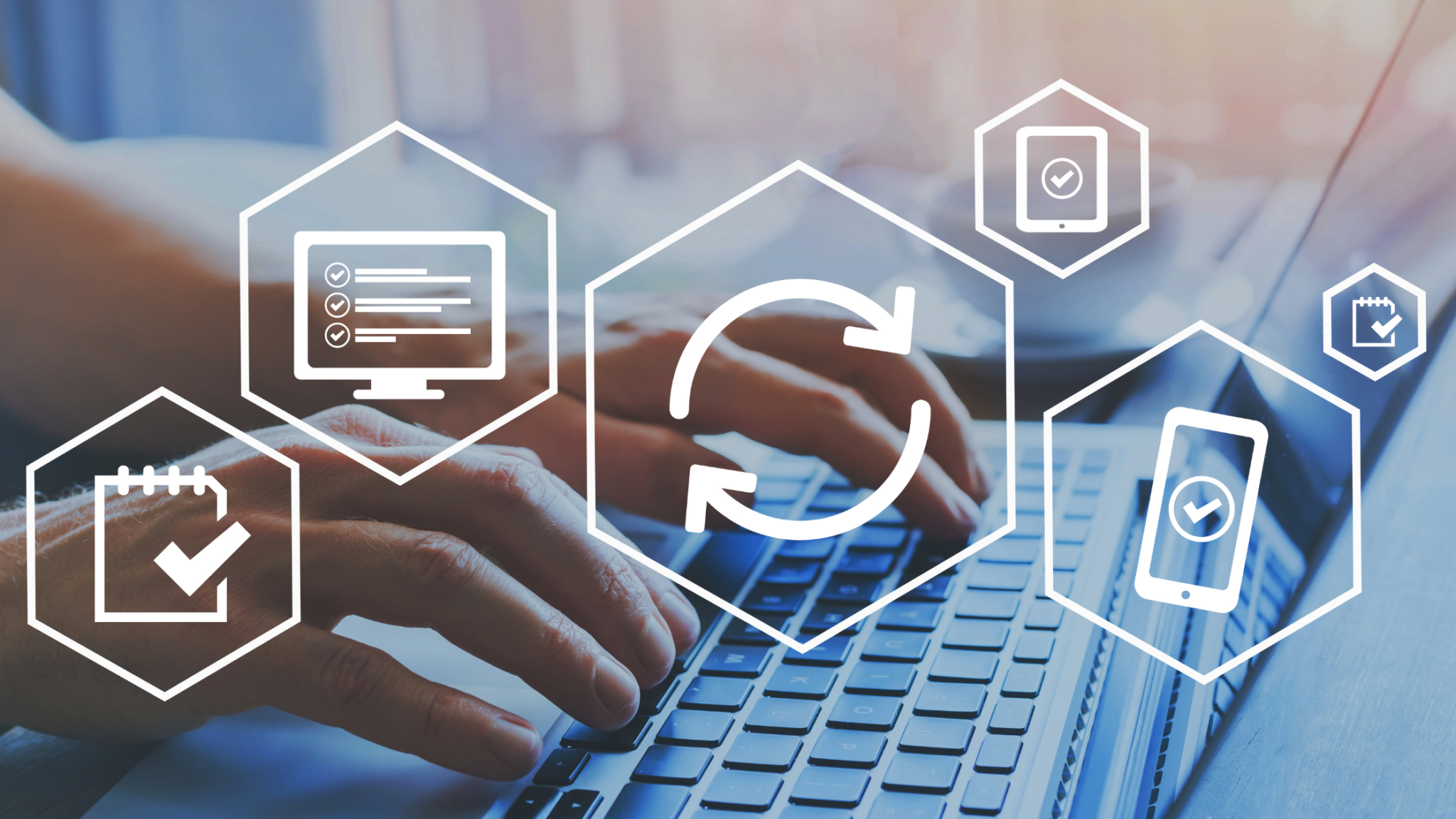
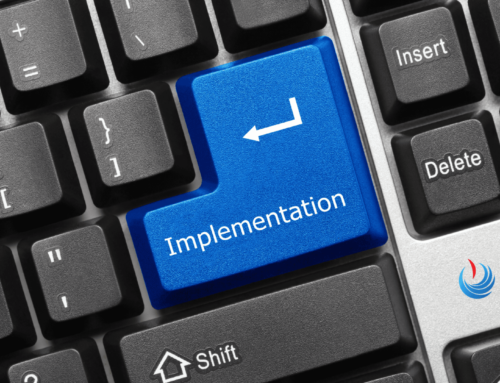

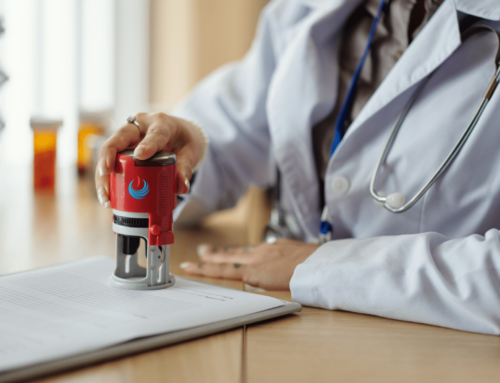
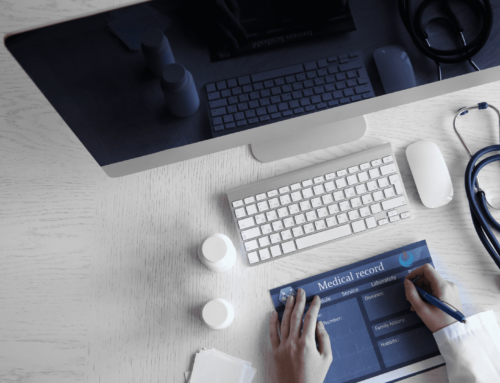
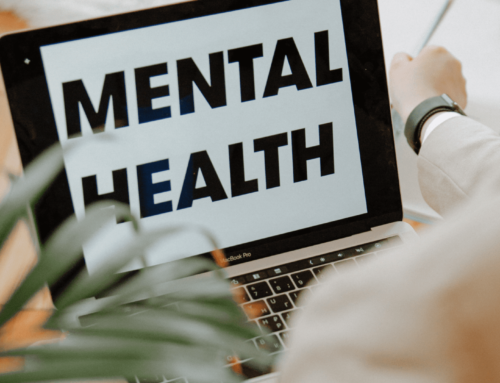
Leave A Comment
You must be logged in to post a comment.